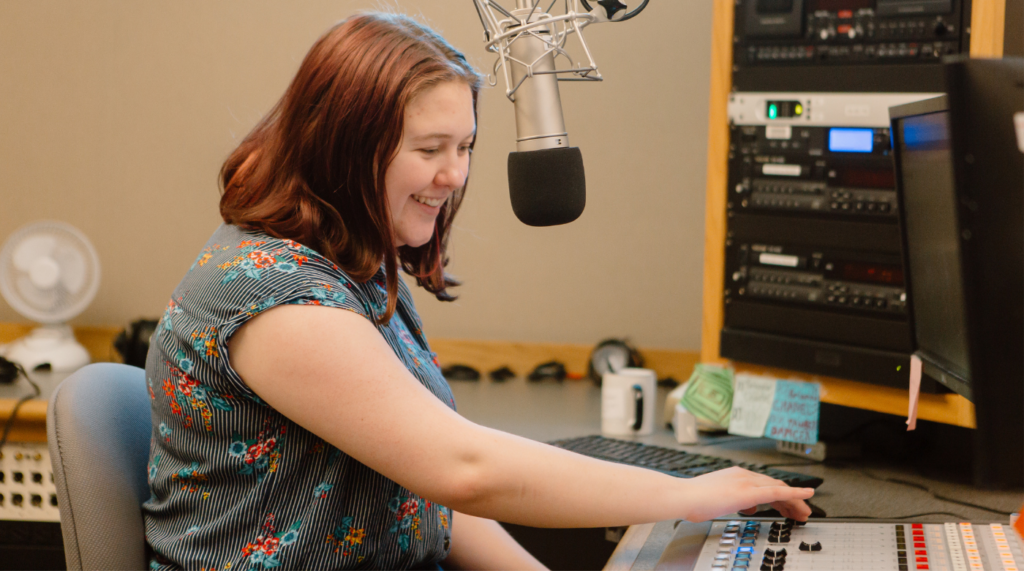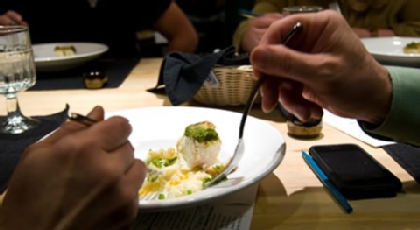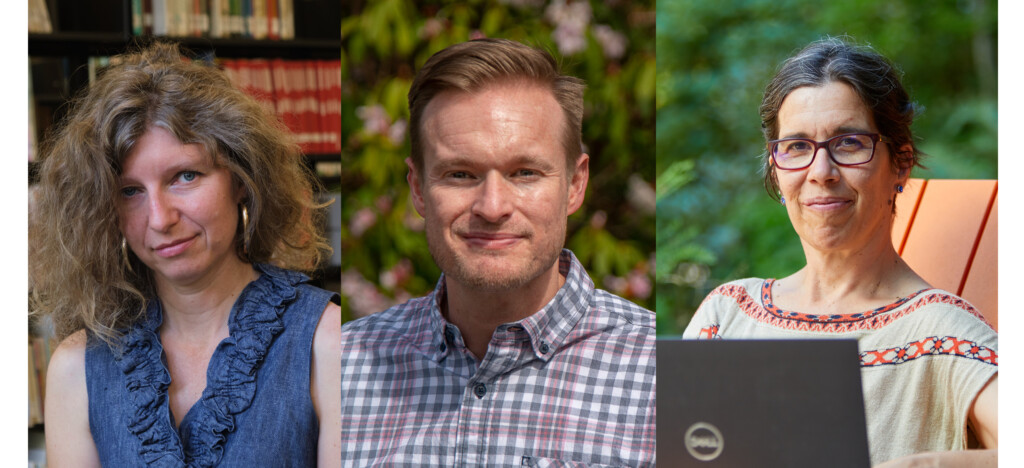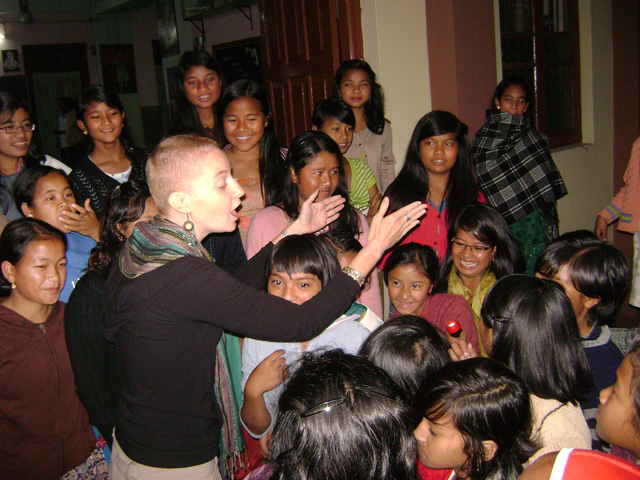Page 18 • (1,273 results in 0.039 seconds)
-

show potential employers, as well as establish connections with contacts outside of PLU. Secondly, being able to have personal connections with my professors has been the mentorship I needed to help me flourish. Leaving PLU, I have at least five references, most of which are professors, that I know will vouch for me moving forward, which is a pretty great feeling! Overall, I feel confident that my education at PLU has prepared me for my future. Tell us more about your experience with MediaLab and
-

initiatives to support and empower low-income, first-generation, undocumented, immigrant, refugee, LGBTQIA and veteran students. For Zeno, the sector may be higher education development, but the mission is equitably and justly transforming systems with care to meet the needs of everyone involved. You have a long track record of building large-scale coalitions, initiatives and public-private partnerships at public research universities. What did you find intriguing about a small Lutheran university in
-

Systemic Racism.” Simic-Muller explains the project will be geared toward equipping future math teachers with skills to understand and navigate race and institutional racism within their field. “One of the goals is to develop statistical literacy,” she says. “Another goal is to develop consciousness of these issues for future teachers with the hope that they will be able to deal with issues of race and racism and to use a curriculum that brings up some critical issues pertaining to race or other real
-

specific focus is to think about what we eat and the impact that has.” The event is co-sponsored by the PLU Office of Congregation Relations, the PLU Admission Office, Southwestern Washington Synod, Northwest Washington Synod and Thrivent for Lutherans. Allison Ramsey, the office manager for the Southwestern Washington Synod, said this event was inspired by a regional program promoting the ethics of eating. Ramsey said the event will serve to educate people from all literacy levels, from beginners to
-

Systemic Racism.” Simic-Muller explains the project will be geared toward equipping future math teachers with skills to understand and navigate race and institutional racism within their field. “One of the goals is to develop statistical literacy,” she says. “Another goal is to develop consciousness of these issues for future teachers with the hope that they will be able to deal with issues of race and racism and to use a curriculum that brings up some critical issues pertaining to race or other real
-
October 22, 2010 http://www.youtube.com/watch?v=jmbzzLNVje0 Three PLU MediaLab students went from Canada to the Gulf to explore the issue of oil for their documentary “Oil Literacy.” Understanding oil By Chris Albert This past summer, students from PLU’s MediaLab embarked on a journey to learn, ask and explore oil and energy consumption in the United States. “It’s not about the either or debate,” said Lorna Rodriguez, a senior communication major who worked on the film, along with Kari Plog and
-

took their final high school exam, 50 percent failed. “The biggest problem with education is that students are taught in their native language and then they are expected to pass high school in English,” Bryant said. “If they don’t get an education, then they have no future.” Bryant worked with the Salesian Sisters, who run BCC, to give students Karissa Bryant sits with a daughter of the Self Help Group member in Umphrew – a village outside of Shillong. The group members make bricks and sell them in
-
have generous support from OHSU’s specialized and multidisciplinary research institutes and centers that bring together collaborative teams working side by side to promote excellence and provide trainees with an exceptional array of both academic and scientific resources. Graduate students will develop a broad understanding across biomedical disciplines with strong foundations in quantitative literacy and critical thinking. This allows students to identify important biomedical questions, design and
-

using remote collaboration due to Covid-19 constraints. The film will premiere on Thursday, May 13, 2021 at 6:00 p.m. through a virtual format and will include guest speakers from the film and a filmmaker panel.RSVP for Premiere Read Previous Media Literacy J-Term Projects Read Next Class of 2021 Art & Design Graduate Capstones LATEST POSTS Pacific Lutheran University Communication students help forgive nearly $1.9M in medical debt in Washington, Idaho, and Montana May 20, 2024 PLU Faculty Directs
-
Cancer Research Opportunity 2020 Posted by: nicolacs / September 26, 2019 September 26, 2019 Pediatric Oncology Education Program with St. Jude The Pediatric Oncology Education program at St. Jude Children’s Research Hospital is funded by the National Institutes of Health / National Cancer Institute. The POE program offers a unique opportunity for students preparing for careers in the biomedical sciences, medicine, nursing, pharmacy, psychology, or public health to gain biomedical and oncology
Do you have any feedback for us? If so, feel free to use our Feedback Form.


